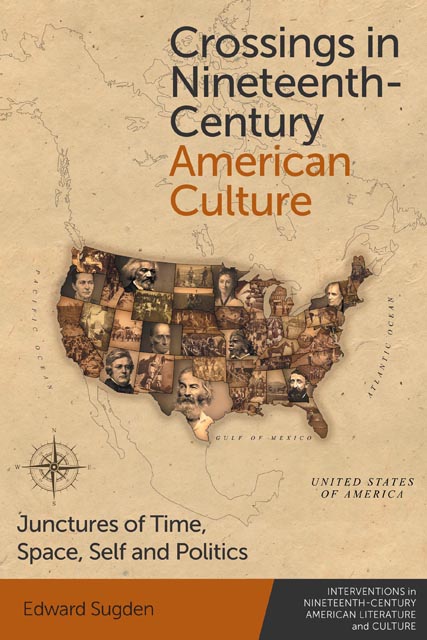13 - Democracy/State: James Fenimore Cooper on the Frontier, 1826/1757
Published online by Cambridge University Press: 26 November 2022
Summary
The third day from the capture of the fort was drawing to a close, but the business of the narrative must still detain the reader on the shores of the ‘holy lake’. When last seen, the environs of the works were filled with violence and uproar. They were now possessed by stillness and death. The blood-stained conquerors had departed; and their camp, which had so lately rung with the merry rejoicings of a victorious army, lay a silent and deserted city of huts. The fortress was a smoldering ruin; charred rafters, fragments of exploded artillery, and rent mason-work covering its earthen mounds in confused disorder.
The date is 6 August 1757 and the battle one of those historians retrospectively describe as turning points – the French army's siege of Fort William Henry during the Seven Years’ War. The scene is familiar, and any reader ever so slightly versed in the American classics will need no more than this to identify the climactic juncture of James Fenimore Cooper's The Last of the Mohicans. At the heart of Cooper's frontier romance, the memorable heroes – the self-reliant Hawkeye, the ever-vanishing ‘Indians’ – have receded from the scene, yielding to the spectacle of global warfare. The paradox is worth pondering: the pivot of Cooper's tale of rugged individualism, a text that has repeatedly been read as the illustration of that American ‘aversion to state authority’ (Gustafson 2011: 168), is a grandiose conflagration between two European imperial state powers flexing their fiscalmilitary muscles on the other side of the Atlantic. Have we missed something?
The fort, or what remains thereof, looms large in the eighteenth chapter of Cooper's romance, imparting a sense of tragedy to the scene. No matter how eager we may be to learn what has happened to our travelling companions, the scout, the girls, the Mohicans and their British allies, we are detained, forced to contemplate the smoking ruins of a military edifice in the wilderness. The choice to plant such a formidable silhouette on the threshold of what used to be the second volume of the romance merits pause and, I’d like to suggest, should prompt us to revisit some of the assumptions we have carried into our reading of Cooper's text.
- Type
- Chapter
- Information
- Crossings in Nineteenth-Century American CultureJunctures of Time, Space, Self and Politics, pp. 206 - 221Publisher: Edinburgh University PressPrint publication year: 2022

